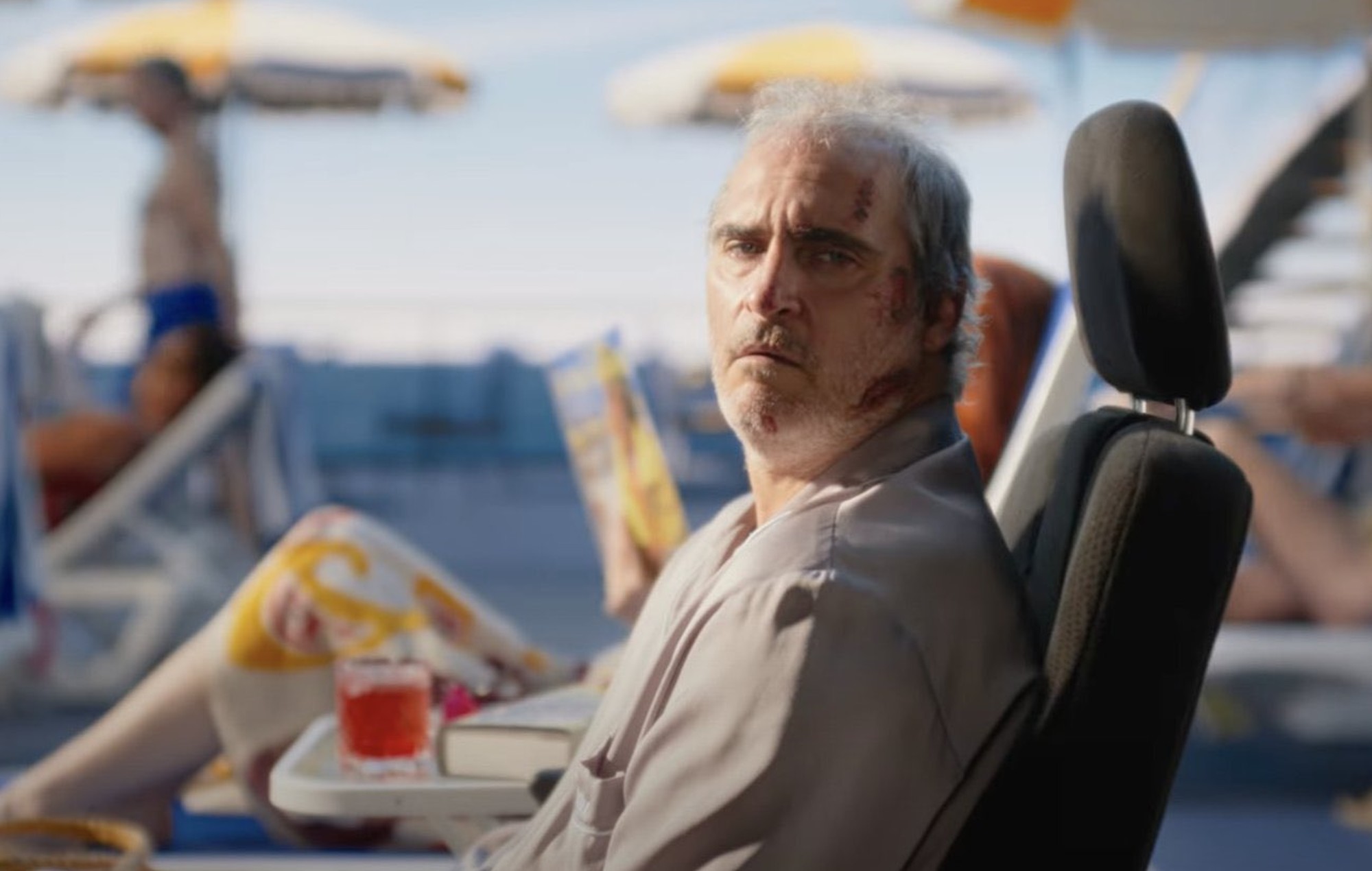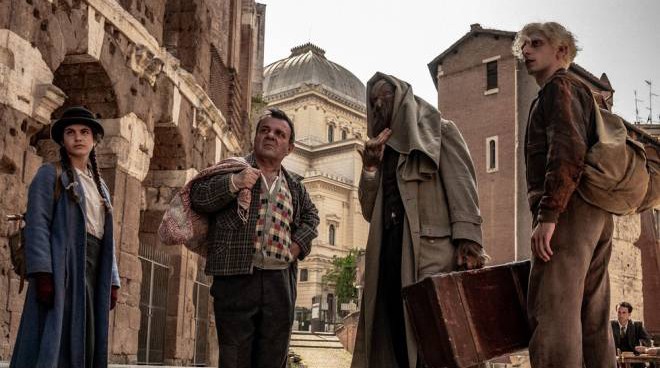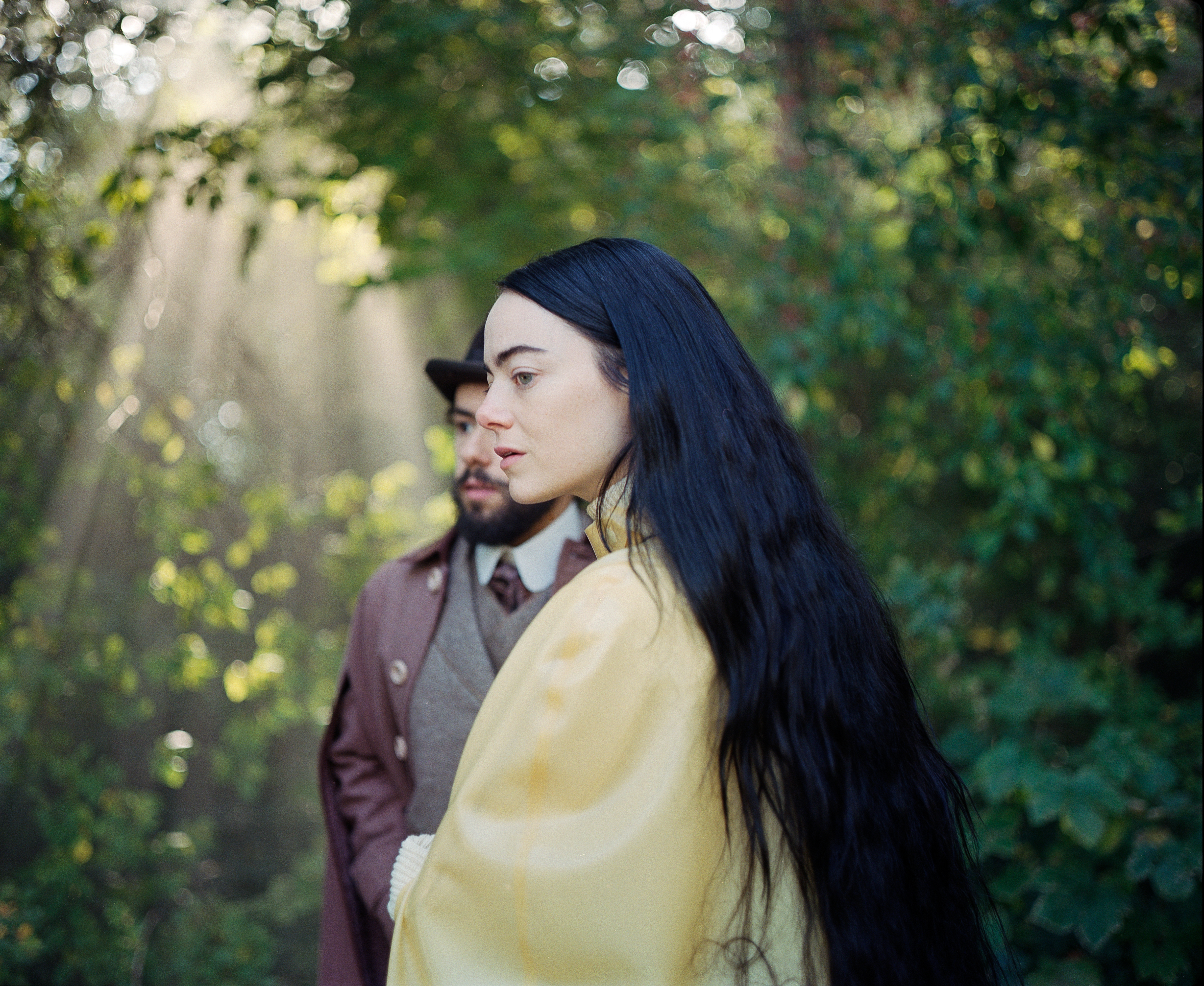Beau is Afraid - A Kaufmanesque, Kafkian nightmare
There is no way Midsommar and Hereditary prepare for what Ari Aster's third, grand spectacle is, a surreal journey worthy of the most cryptic absurdist masterpieces.
Beau is Afraid offers a three-hours-long journey in the psyche of... Beau, a middle aged man whose entire existence is wounded by a youth lived under the hyperprotective supervision of his mother. It can be interpreted as a study of some mental disease, yet it is merely a cinematic piece, in which reality is already dubious. No recent film has portrayed as seemlessly a Kafkian atmosphere, where the protagonist is constantly dragged in between situations and seemingly persecuted by a multitude.Seeing Beau is Afraid as an Ari Aster film makes it a very unexpected work, even if some of Aster's most close traits are still there: for example, the centrality of disfunctional inter-familiar relationships, in a dynamic that can hit many viewers close to home. Hereditary and Midsommar however reincorporated their themes into an atmospheric horror setting, which Beau is Afraid is not. If that was not clear, Beau is Afraid is not a horror film. It is however, very unsettling, be it the kafkian aura, or the inexplicable absurdity of the film. Yet, Aster, by leaving his comfort zone, stumbled into Kaufman. The parallels between Charlie Kaufman's I'm Thinking of Ending Things and Beau is Afraid are palpable, although Beau certainly takes the crown as for the most disturbing among the two.It is impossible to predict what will Aster do next, based on Beau is Afraid. Certainly, such an unique and daring film is most rare to be seen in contemporary mainstream cinema, and thus feels as a worthy heir to the very prolific amount of absurdist and surreal films of the '70s.




Comments
Post a Comment